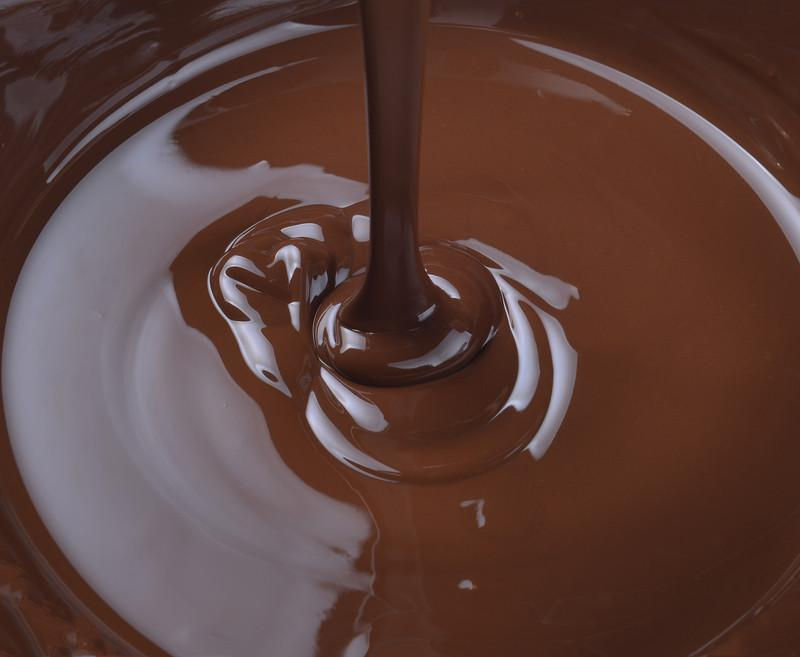What's the Difference between Tapioca and Cassava Flour?
- Mar 1, 2024
- 2 min read

The difference between tapioca flour and cassava flour is that tapioca flour is made from the starch extracted from the cassava root, while cassava flour is made from the whole cassava root.
Tapioca flour has a neutral flavor and a high starch content, making it ideal for thickening soups, sauces, puddings, and desserts.
Cassava flour, also known as manioc, has a mild and neutral nutty flavor, powdery texture, and a lower starch content, making it suitable for baking breads, cakes, cookies, and other gluten-free and grain-free and it can be used as a substitute for wheat flour in baking and cooking. It is widely used in West African and Brazilian cuisine, especially to make farofa, a toasted cassava flour mixture that is often served as a side dish or a topping for meat and beans.
100% Gluten-Free OTI Fonio Flour (100 kg)
Buy Now
Tapioca flour and cassava flour also have different nutritional profiles. Tapioca flour is low in protein, fat, fiber, vitamins, and minerals, but high in calories and carbohydrates. Cassava flour is higher in protein, fat, fiber, vitamin C, and copper than tapioca flour, but still lower than other root vegetables. Cassava flour also contains more resistant starch than tapioca flour, which may benefit digestive health, blood sugar control, and metabolic syndrome.
Nontheless, both flours have some drawbacks that should be considered before using them. Tapioca flour can cause spikes in blood sugar levels due to its high glycemic index. Cassava flour can contain harmful compounds called cyanogenic glycosides if not processed properly. These compounds can interfere with thyroid function and cause goiter or iodine deficiency if consumed in large amounts. It is therefore important to cook both flours well before eating them and consume them in moderation.
Natural Frozen Puna Yam Chips from Ghana (25kg)
Buy Now
To summarize, tapioca flour and cassava flour are both gluten-free flours made from the cassava plant, but they have different processes, flavors, textures, and uses. Tapioca flour is starchier and more flavorless than cassava flour, while cassava flour is more fibrous and nuttier than tapioca flour. Tapioca flour is better for thickening liquids, while cassava flour is better for baking solids. Tapioca flour is lower in nutrients than cassava flour, while cassava flour is higher in resistant starch than tapioca flour.
































































Comments